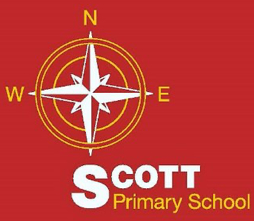History
Intent
At Scott Primary School, it is our intention to teach a History curriculum which encourages children to be curious about the past. Our children enquire about the causes of historical events and the impact that they have had. Through their history lessons, pupils learn the variety of ways in which the past is represented and are taught to interpret a range of sources, both primary and secondary. They develop a secure understanding of chronology. The skills acquired in history equip pupils to consider and evaluate current world events and to predict the possible effects these will have on the future.
We follow the National Curriculum, and our curriculum is logically organised with a clear structure and sequence built around chronological understanding, historical enquiry, organisation and communication, historical interpretations and understanding of events and people.
Children are exposed to high quality teaching and learning experiences, enabling the pupils at Scott Primary School to become inquisitive learners, to ask and answer ambitious questions about local history, British history and ancient civilisations.
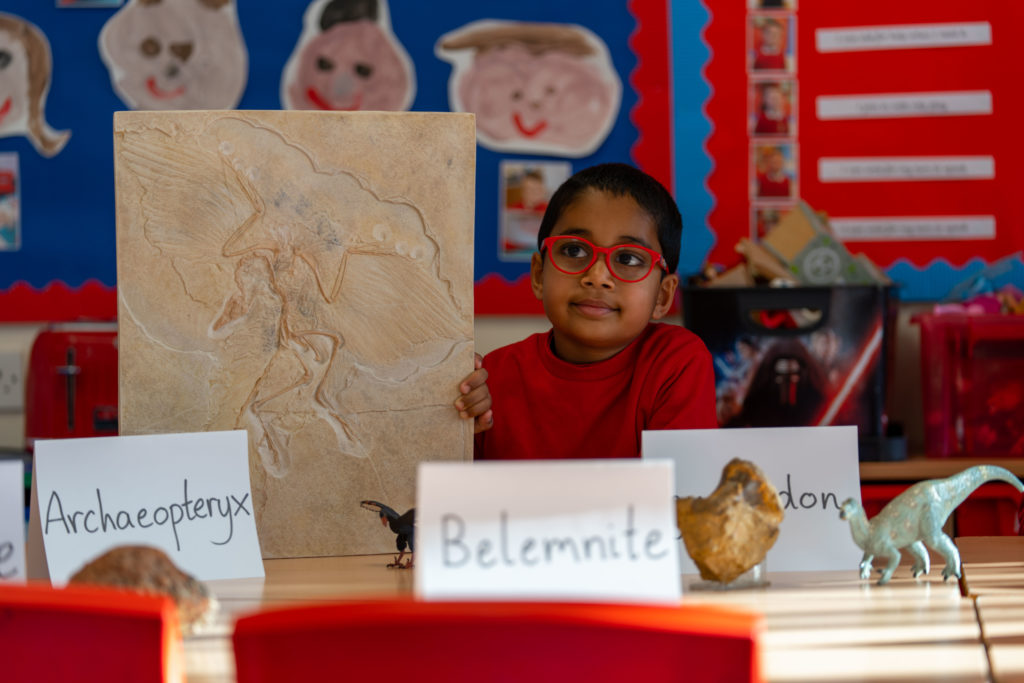
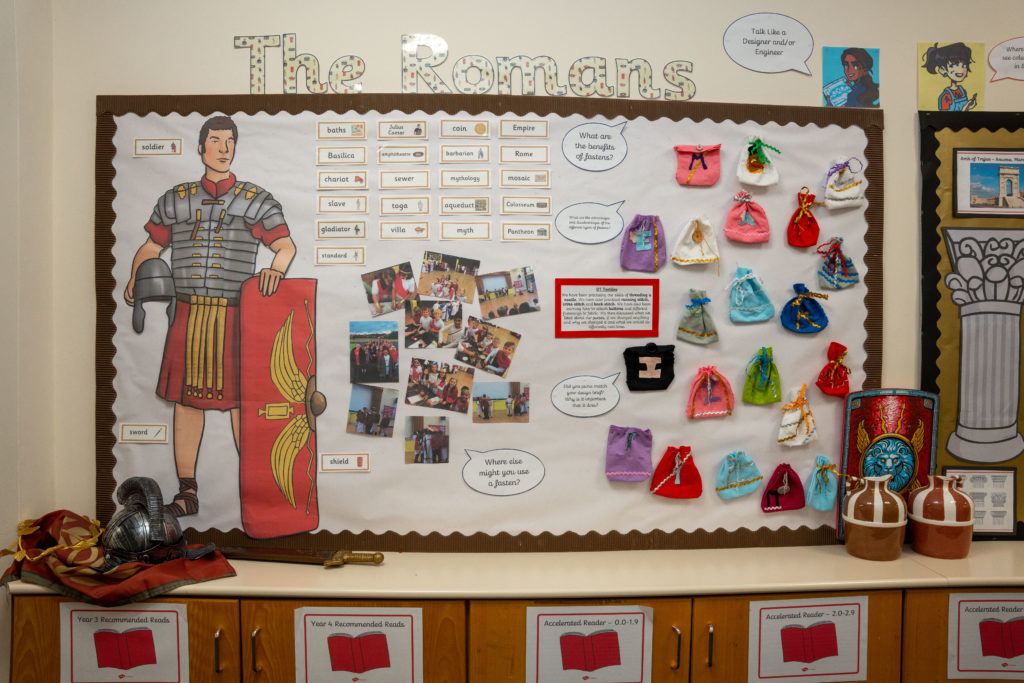
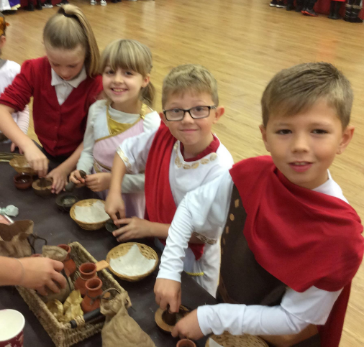
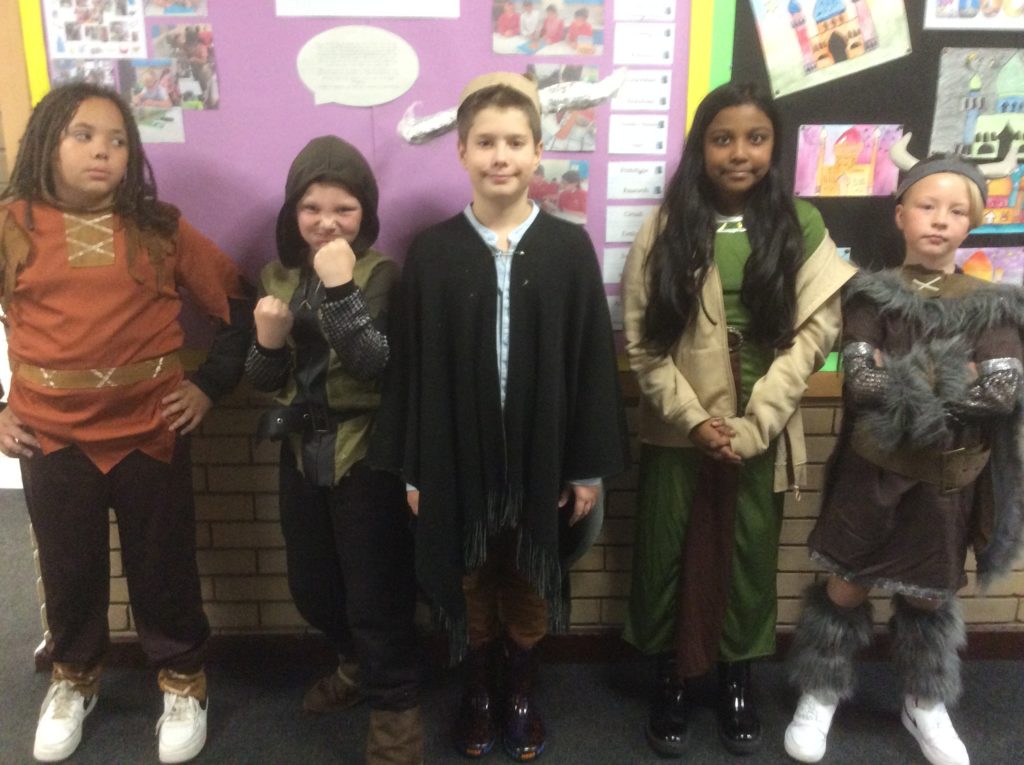
Long Term Plan
Talk Like a Historian
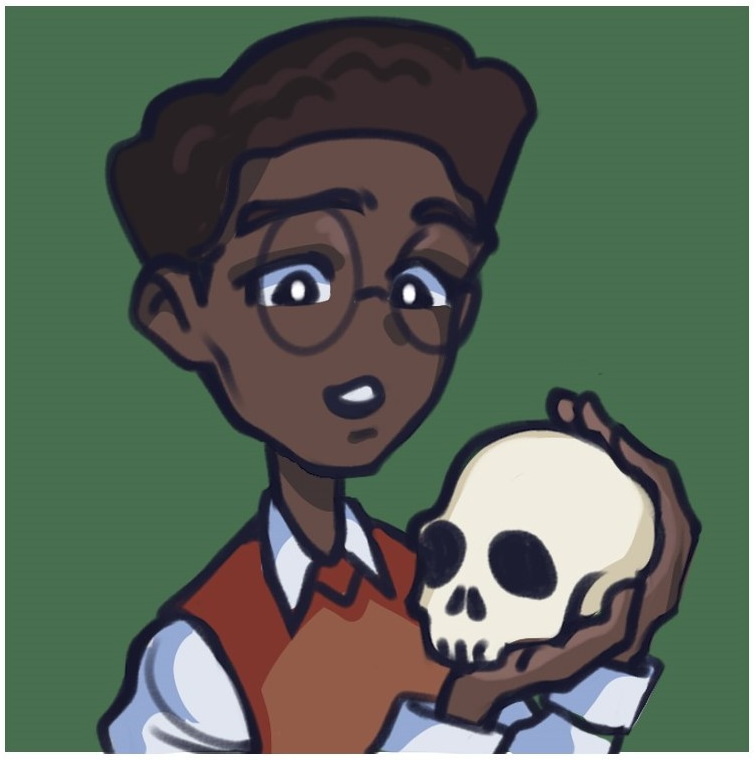
At Scott Primary, we understand the importance of language development in order to be effective communicators. In History lessons, we ‘Talk like a Historian’’ through the sharing of key vocabulary and careful modelling from the teacher using sentence stems such as “The source supports my thoughts by…” or “I can discuss the chronological order of the key events during Henry VIII’s reign…”.
Aspire to be
At Scott Primary, we aim to inspire our children to reach for a range of jobs regardless of their culture, background or heritage. Therefore we use our aspire to be posters to give some information about the different jobs and professions that the children could want to do when they leave us. These posters are displayed around our school and the children have the opportunity to read them, learn from them and on most use a QR code to delve deeper into the person life.
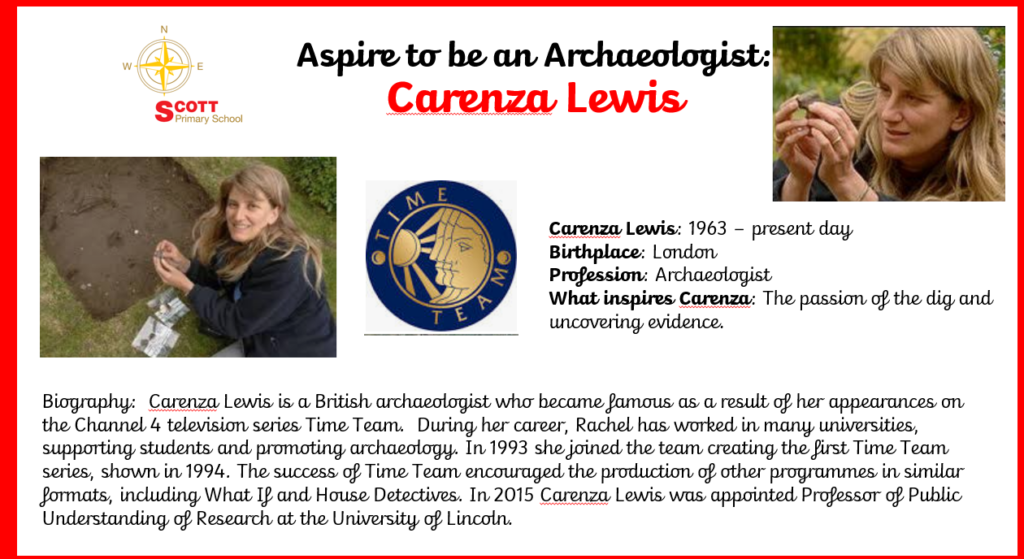
History Activity of the Half Term
Here is a suggested History based activity that you could complete at half term.
Did you know that there used to be a castle in Bedford? If you visit the Embankment, you will find the castle mound. What information can you find out about Bedford castle? Can you draw a picture of the castle mound?
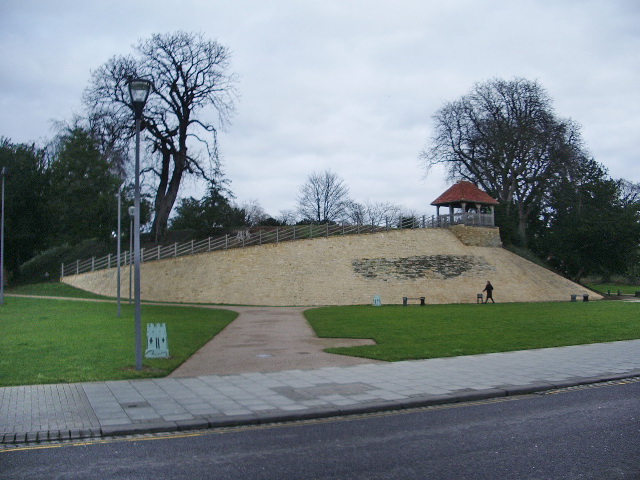
Implementation
At Scott Primary School, History is taught on a half termly basis, allowing the children to achieve a greater depth in their learning. Progression is planned out throughout the whole school ensuring all skills and knowledge is covered and progression is built in to all planning. We use knowledge organisers to keep essential information together. Retrieval practice, through questioning, quizzing and paired work further consolidates the transfer of information from working memory to long-term memory.
To ensure our curriculum is taught to develop cumulatively sufficient knowledge by the end of each Key Stage, we follow the stages outlined below:
- Substantive knowledge is mapped out from EYFS to Year 6 to ensure the children learn cumulatively sufficient knowledge by the end of each Key Stage. Our Golden threads are Democracy, Religion/Beliefs, Migration, Inventions, Children and Equality.
- Disciplinary Knowledge as methods of historical enquiry is mapped from EYFS to Year 6 to enable children to apply their knowledge as skills.
- Key vocabulary is shared and explained with the children, via knowledge organisers, displays and Powerpoints, with focus on Tier 2 (display) and Tier 3 (knowledge) words.
- Retrieval tasks feature in each lesson. These consolidate previous learning and helps to transfer facts from working memory to long-term memory. These tasks also allow for gaps in learning to be identified and addressed.
- The use of Knowledge organisers keep essential information together and to help give children the ‘Big Picture’ of subject content.
EYFS:
Children at the expected level of development will:
- Talk about the lives of the people around them and their roles in society.
- Know some similarities and differences between things in the past and now, drawing on their experiences and what has been read in class.
- Understand the past through settings, characters and events encountered in books read in class and storytelling.
Impact
At Scott Primary School, our children will:
- know and understand the history of these islands and how Britain has influenced and been influenced by the wider world.
- know and understand significant aspects of the history of the wider world.
- gain and deploy a historically grounded understanding of abstract terms such as ‘empire’, ‘civilisation’ and ‘parliament’.
- understand historical concepts such as continuity and change, cause and consequence, similarity, difference and significance.
- understand the methods of historical enquiry, including how evidence is used rigorously to make historical claims, and discern how and why contrasting arguments and interpretations of the past have been constructed.
- gain historical perspective by placing their growing knowledge into different contexts.
Assessment
Assessment is crucial to driving pupil learning forward. How staff assess children’s learning identifies the next steps in their learning journey. Children are provided with written and verbal feedback and this also helps staff to identify gaps in learning, which can then be addressed.
At the end of end unit of work, children will answer 3 questions independently, which allows staff to make an informed judgement on the progress that has been made. These questions can be answered verbally or in written form, depending on the needs of the child. Each term, staff enter data onto the Target Tracker system, allowing the class teacher and subject leader to monitor progress made.
